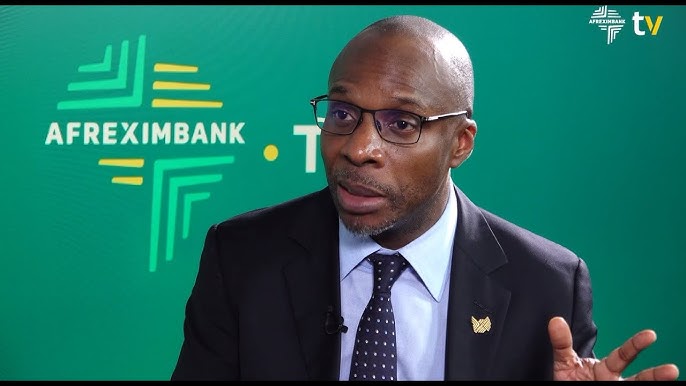Nigeria’s inflation could decline to about 14 percent by the end of 2026 if ongoing reforms are sustained, according to Yemi Kale, Group Chief Economist and Managing Director at Afreximbank.
Kale made the projection while delivering a keynote address at the “Platform Nigeria” event. His remarks came as the National Bureau of Statistics reported that inflation eased to 20.12 percent in August, down from 21.88 percent in July.
He noted that monetary policy in the past decade often shifted between tightening to curb inflation and loosening to stimulate growth, but was frequently undermined by quasi-fiscal interventions. By contrast, the Central Bank of Nigeria (CBN) has recently refocused on price stability, sharply raising the Monetary Policy Rate to 27.5 percent and streamlining open-market operations to absorb excess liquidity.
“These actions were accompanied by clearer communication—regular policy reports, forward guidance, and transparent explanations of the inflation outlook,” Kale said. “The results are now visible, with headline inflation easing from above 25–30 percent in 2023–24 to the low 20s.”
While acknowledging that households continue to face hardship, Kale emphasized that each percentage point of disinflation protects salaries, pensions, and savings, while reducing uncertainty for investors. He added that reforms must be accompanied by well-planned social protections to shield vulnerable groups, citing Ghana’s targeted cash-transfer and school-feeding programs as an example.
“Reform is like curing a fever—you must endure some discomfort as the medicine takes effect,” Kale said. “But reforms must also be carefully implemented and paired with social cushions to build public confidence.”

